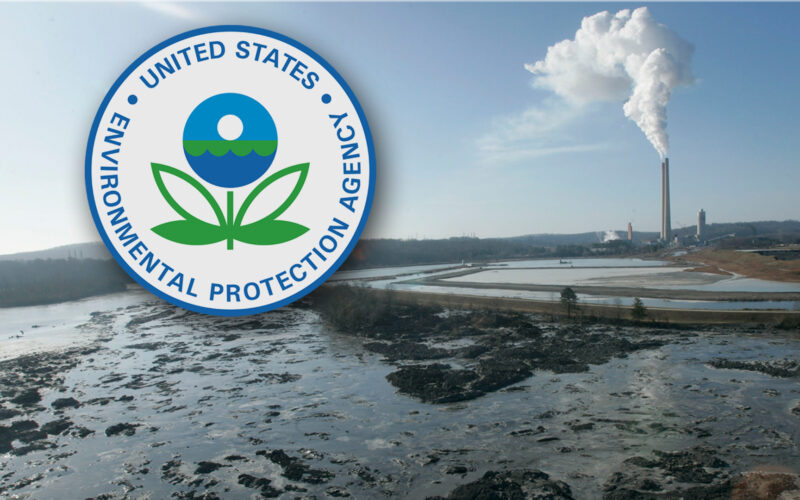The Environmental Protection Agency (EPA) has introduced new regulations aimed at reducing toxic air pollution from steelmakers in the United States. These rules specifically target contaminants such as mercury, benzene, and lead, which are released by coke ovens used to burn coal in steel production facilities.
Coke ovens, which heat coal to produce coke for steelmaking, emit gases that the EPA classifies as known human carcinogens. These gases contain a harmful mix of hazardous chemicals, heavy metals, and volatile compounds, contributing to serious health issues like cancer, respiratory problems, and severe eczema among residents living near steel plants. The pollution is particularly problematic in low-income neighborhoods surrounding these facilities, raising significant environmental justice concerns.
Patrice Simms, vice-president for healthy communities at Earthjustice, emphasized the importance of the new regulations. “People have long faced significant health risks, like cancer, due to coke oven pollution,” Simms said. The rules are “crucial for safeguarding communities and workers near coke ovens.”
The new EPA rules require steelmakers to conduct “fenceline” testing around their plants. If pollutants exceed the new limits, companies must identify the source and take corrective action. The regulations also close loopholes that previously allowed the industry to avoid reporting emissions, such as exemptions during malfunctions.
Adrienne Lee, an Earthjustice attorney, noted that the rules are based on industry data provided to the EPA and are designed to prevent emissions from exceeding the new limits rather than reducing overall emissions. “I find it hard to believe [the limits] will be difficult to meet,” Lee said.
Despite the new rules, there has been resistance from the steel industry. A spokesperson for US Steel, one of the largest steel producers in the country, argued that the regulations would be “virtually impossible to implement” and would incur “unprecedented costs and potentially unintended adverse environmental impacts.” Testing outside a US Steel plant in Pittsburgh found benzene levels ten times higher than the new limits.
The introduction of these regulations follows increasing evidence of the toxicity of coke oven gas and ongoing legal actions. Environmental groups have been advocating for stricter controls and better monitoring, with Earthjustice suing the EPA in 2019 over the issue.
Cities in the upper Midwest industrial regions and Alabama, where coke oven pollution has been particularly severe, stand to benefit from the new regulations. In Detroit, for example, a coke plant that has repeatedly violated air quality standards is at the center of litigation alleging that sulfur dioxide from coke oven gas has caused health problems for residents in a predominantly Black neighborhood.
The new EPA rules mark a significant step towards addressing long-standing public health and environmental justice issues associated with steelmaking emissions.








